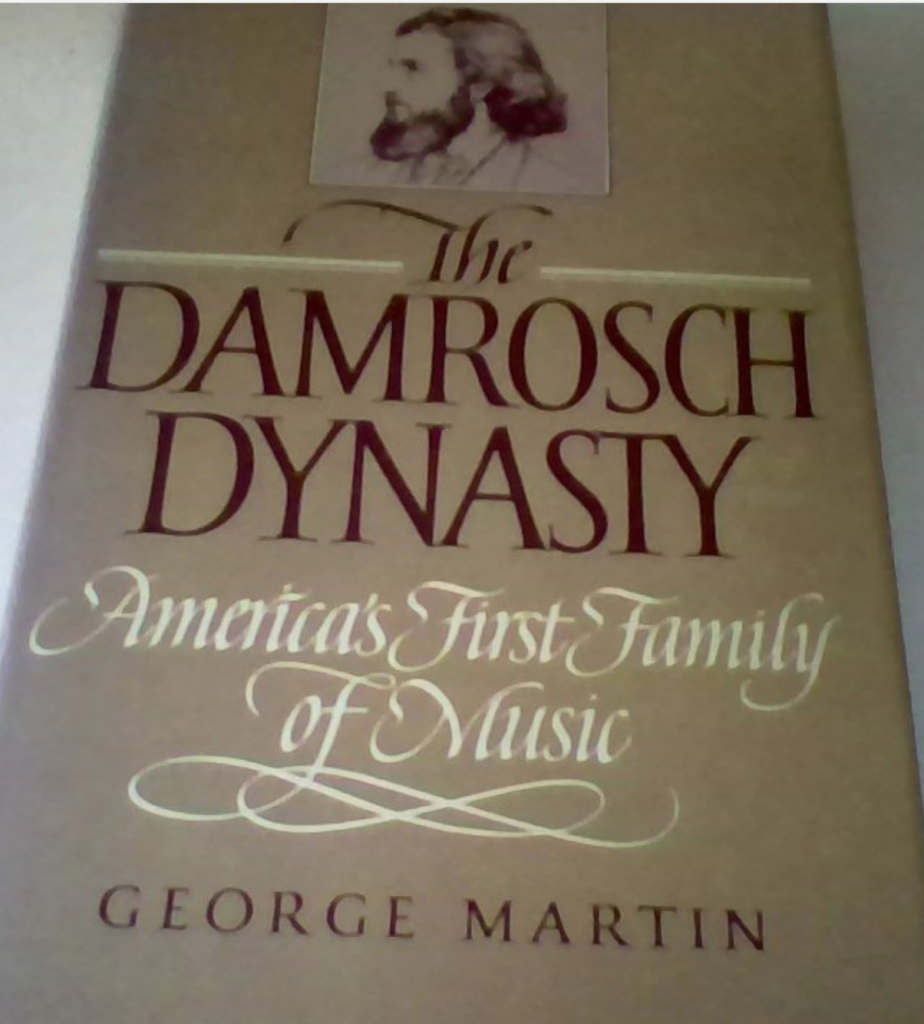Audio
Track:
About
A member of one of America’s foremost families of musicians–often dubbed the “Damrosch dynasty” by scholars–Walter Damrosch was the second child of Leopold and Helene Damrosch. The patriarch of this prestigious musical family, Leopold (1832-1885), was a distinguished composer and conductor who had served as the lead violinist in the court orchestra at Weimar, an appointment bestowed on him by Franz Liszt. His eldest son, Frank (1859-1937), was also a renowned conductor, and a music educator. The youngest child, Clara, helped to found the community music school that would become Mannes College. It was from this eminent family–for whom Damrosch Park in New York’s Lincoln Center is named–that Walter Damrosch emerged as one of America’s leading musicians.
Damrosch studied piano and composition in Germany before immigrating to the United States with his family in 1871. He continued his musical training under his father, serving as assistant conductor for his father’s all-German season at the Metropolitan Opera in 1884 and 1885. Damrosch unexpectedly made his Metropolitan debut on February 11, 1885, conducting Wagner’s Tannhäuser after his father was stricken by pneumonia and was unable to perform. Leopold died a few days later, and Damrosch was hired by the Met as assistant conductor and assistant manager; he continued conducting at the Met until 1902. In addition, Damrosch succeeded his father as director of both the Oratorio Society and the New York Symphony Society; for the latter, he remained conductor until the organization’s merger with the New York Philharmonic in 1928.
In 1887, Damrosch traveled to Frankfurt am Main, Germany, to study conducting under Hans von Bülow, who was then at the height of his career as a pianist and conductor. Aboard the steamship to Germany, Damrosch met Andrew Carnegie, whom he later convinced to build Carnegie Hall as a rehearsal and performance venue for the New York Symphony and Oratorio Societies. Having conducted the American premiere of Tchaikovsky’s Fourth Symphony on February 1, 1890, Damrosch invited the Russian maestro to New York in honor of the Hall’s opening on May 5, 1891.
On May 17, 1890, Damrosch married Margaret Blaine, daughter of politician James G. Blaine, then Secretary of State, but also a former presidential candidate (he had lost to Grover Cleveland). Among the guests at the highly publicized wedding were cabinet members, Supreme Court justices, and Benjamin Harrison, president of the United States. The couple would have four daughters: Alice, Margaret (known as Gretchen), Leopoldine, and Anita.
Damrosch’s professional achievements included the foundation of the Damrosch Opera Company in 1894, which became one of the Met’s strongest rivals. The company premiered Damrosch’s The Scarlet Letter, an opera based on the novel by Nathaniel Hawthorne, in 1896. Two other operas by Damrosch premiered at the Met: Cyrano in 1913 and The Man Without a Country in 1937.
Walter Damrosch is credited with significant promotion and dissemination of American music. He commissioned George Gershwin’s Piano Concerto in F, and with Gershwin as soloist, led the New York Symphony in the work’s premiere, on December 3, 1925. Damrosch also conducted the American premiere of Gershwin’s An American in Paris, on December 13, 1928. In 1927, Damrosch served as musical consultant to NBC and produced the “Music Appreciation Hour,” a radio series for schoolchildren that ran from 1928 to 1942.
Among Damrosch’s songs, his setting of “Danny Deever,” from Rudyard Kipling’s Barrack-Room Ballads, is the best-known.
–Library of Congress Performing Arts Encyclopedia
Related Information
Songs
Recordings
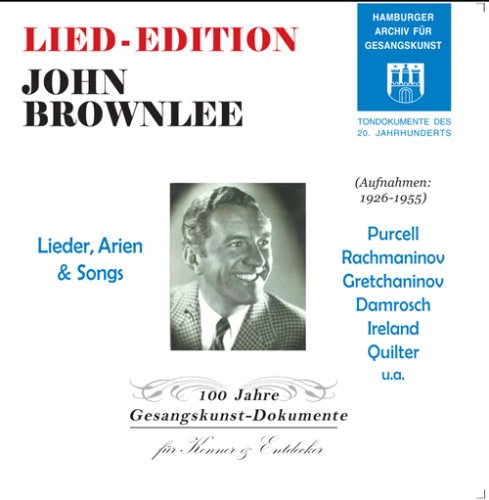
John Brownlee: Lied-Edition
(Louis Campbell-Tipton, Walter Damrosch and Sidney Homer)
2007
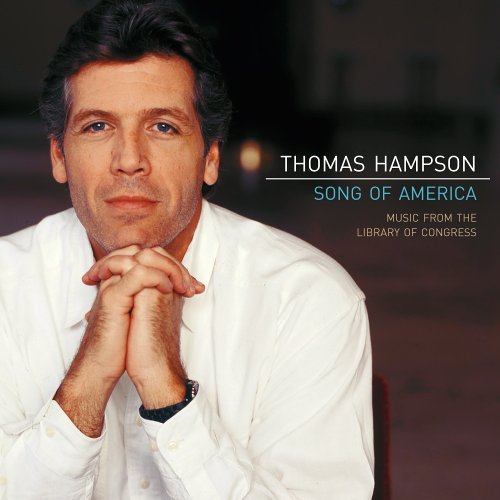
Song of America
(Leonard Bernstein, Henry T. Burleigh, Walter Damrosch, John Woods Duke, Stephen Foster, Charles Griffes, Ned Rorem, Charles Naginski, Clifford Shaw, Abraham Wood, Elinor Remick Warren and Kurt Weill)
2005
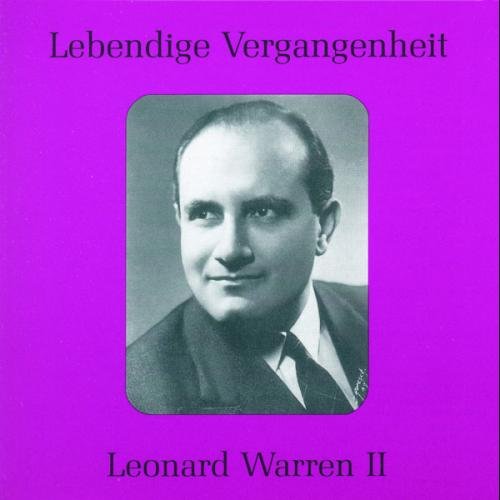
Lebendige Vergangenheit
(Walter Damrosch, Oley Speaks and Charles Gilbert Spross)
1951
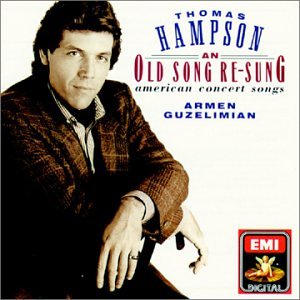
An Old Song Re-Sung: American Concert Songs
(Walter Damrosch, John Woods Duke, Stephen Foster, Vittorio Giannini, Charles Griffes, John Jacob Niles and Oley Speaks)
1990


